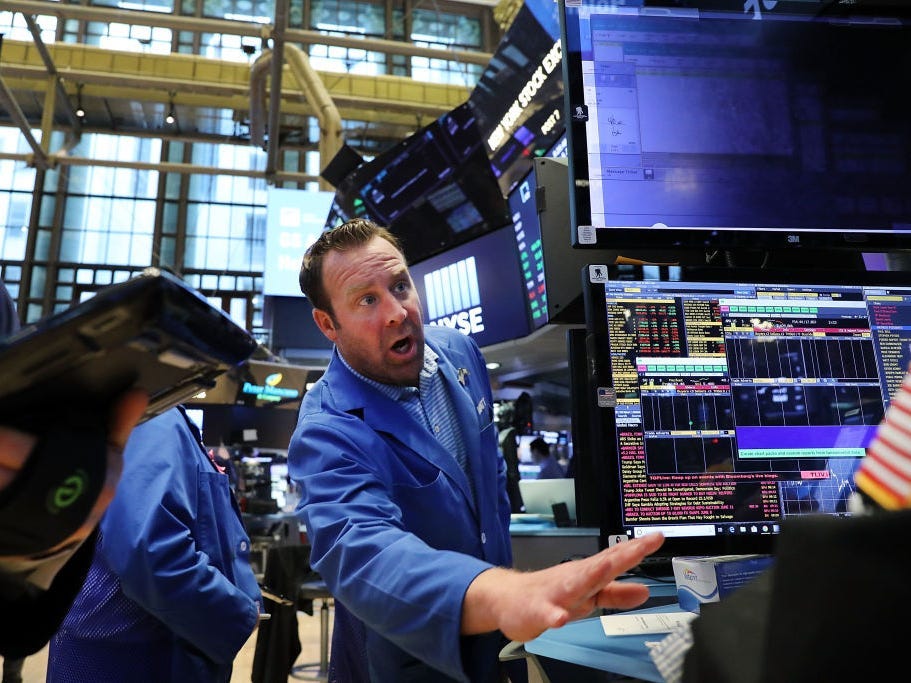-
Tariff pain will be felt more acutely in the coming months, Mike Wilson says.
-
The Morgan Stanley CIO predicts three consequences from tariffs that could show up this quarter.
-
Stocks could take a hit as investors wait for more concrete trade deals to materialize, Wilson said.
Morgan Stanley’s chief investment officer says investors are growing weary of the trade drama, warning that tariffs’ negative impacts could start showing up for companies and in markets soon.
Mike Wilson, the chief US equity strategist at Morgan Stanley, said he foresaw a slew of consequences stemming from President Donald Trump’s tariffs, which could begin to impact markets as soon as the third quarter.
Investors have stayed relatively calm so far this week, despite Donald Trump escalating his trade war. The president announced fresh tariffs on more than 20 countries this week, a separate 50% tariff on copper imports, and pushed out his original deadline to August 1.
“I would say, ‘Here we go again,'” Wilson said, speaking to Bloomberg on Friday about the latest tariff announcements.
Here’s what Wilson sees ahead.
Investors are familiar with Trump’s tariff negotiating playbook after seeing the president whipsaw on his trade policy during Liberation Day, Wilson said.
“I mean, this is President Trump’s style. He goes hard, and then he, you know, he doesn’t back off completely, but it’s a back-and-forth,” Wilson said.
But traders hungry for more concrete trade deals could soon grow tired of the drama, Wilson said. Trump — whose team once pushed the idea of 90 trade deals in 90 days — hasn’t nailed down many deals with trading partners yet.
“That’s not going to work forever. Eventually we have to get to some deals,” Wilson said. “There will become a point of exhaustion, is the way I like to think about it.”
Corporations have been shielded from the impact of tariffs so far, thanks to businesses relying on existing inventory to sell products to consumers. But that could change in the next few months, Wilson said.
Smaller corporations could be especially affected in third quarter earnings season, he added, as they don’t have as much pricing power to be able to pass along the cost of tariffs to consumers.
“It hasn’t begun to flow through to pricing or margins. But that we think begins to change in the third quarter, and that could be the catalyst, because stocks will react to a hit in margins,” he added.







